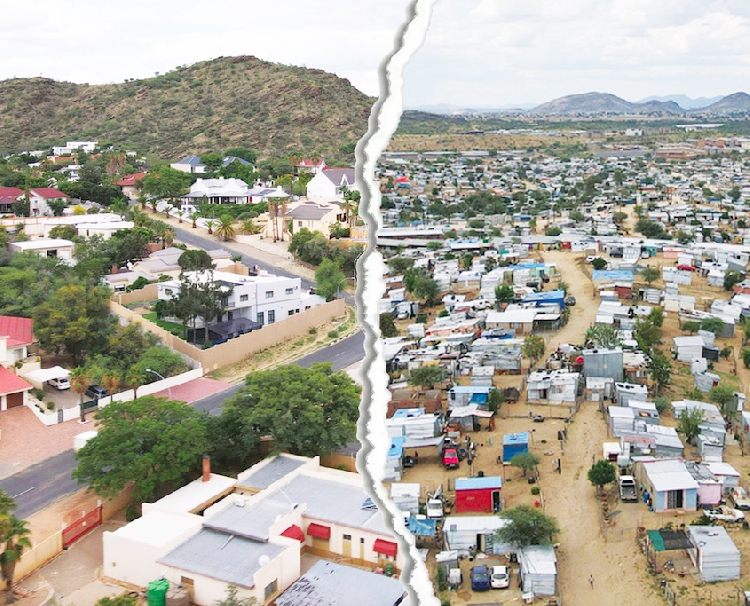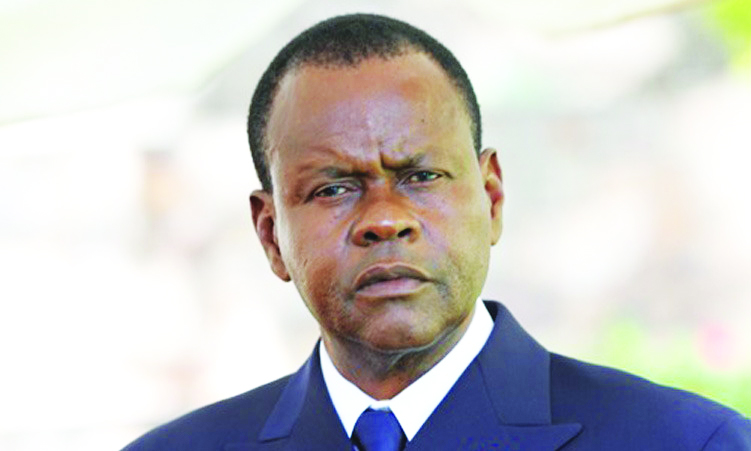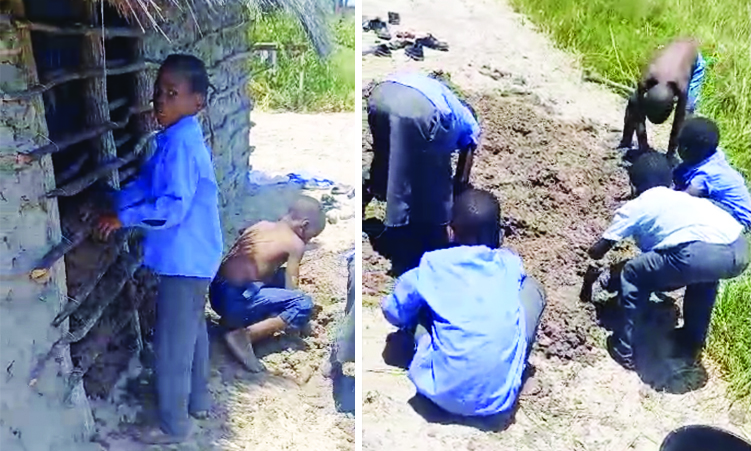THE government has given its stamp of approval for a modified basic income grant (BIG) to beneficiaries of the food bank and grants for marginalised groups.
The government has at the same time highlighted that the income of 1% of the richest Namibians is equal to the combined income of the bottom 50%.
This was announced yesterday by the executive director of gender equality, poverty eradication and social welfare, Esther Lusepani.
“According to the Namibia Statistics Agency (NSA), the income of the top 1% of Namibians is equal to the combined income of the bottom 50%.
“As a result, the food bank and grants for marginalised groups, as well as the feeding scheme will be merged into a basic income grant to help those who are vulnerable or unemployed,” she said.
President Hage Geingob has previously said the government cannot introduce a universal BIG, but rather one on a conditional or targeted basis to ensure that only those who need it would have access to it.
“We have been saying that for the past hundred years – a modified grant,” Geingob’s spokesperson, Alfredo Hengari, said yesterday.
He said this is the first step and more will be rolled out when the government’s coffers allow it.
Currently, the beneficiaries of the food bank receive items worth N$600, and the grants for marginalised groups equate to about N$500, Ministry of Gender Equality, Poverty Eradication and Social Welfare spokesperson Lukas Haufiku said.
This transitional BIG would be paid only to existing beneficiaries of the food bank and the marginalised-communities grant. However, the roll-out would only commence once the country’s economic situation improves.
To facilitate the process, the ministry has established a technical working group to develop the implementation document.
Lusepani said this team would have to re-register and validate the current beneficiaries of the food bank and the marginalised feeding scheme.
This approval was due to a feasibility study, which assessed the viability of a BIG in Namibia.
The study found that it is feasible, although the country’s current budget would only allow it on a conditional or targeted basis.
The Gini coefficient for Namibia over a three-year survey period for 2003/2004, 2009/2010, and 2015/2016 is 0.60, 0.58, and 0.56, respectively.
The Gini index measures the extent to which the distribution of income among individuals or households within an economy deviates from a perfectly equal distribution.
Thus it shows that inequality in the distribution of income has decreased – albeit incrementally.
Despite this decline, the level of inequality in Namibia remains among the highest in the world.
‘OUTDATED WELFARE PROGRAMME’
Reacting to the government’s announcement, the BIG Coalition’s Rinaani Musutua said the move acknowledges that the food bank is not working.
“To put administration conditionality and targeting on a BIG turns it into a charity programme, pretty much like the food bank, which they admit is not working,” she said.
The coalition is disappointed that the government continues to base its poverty-eradication measures on “outdated” welfare programmes that aren’t relevant and have made very little impact on the current situation, Musutua said.
“It will be administratively impossible for the government to accurately identify and track all vulnerable intended recipients. The process of re-registration and validation of recipients will cause additional hurdles to the outcome and will be open to corruption,” she said.
Musutua said because of the magnitude of poverty, they deem it fair that a universal BIG of N$500 per person per month for people between the ages of 19 to 59 be legislated as the best way to ensure that all vulnerable, deserving, and intended beneficiaries are covered.
“The government can certainly afford to provide everyone with some minimal level of resources necessary for a decent existence – if only there was political will,” she said.
‘SMALL BEGINNINGS’
Meanwhile, senior economist Omu Kakujaha-Matundu said the conditional income grant involves the government testing the waters, which is “a small beginning and not a bad idea”.
“It could pave the way for a universal BIG, which has proven to be superior to a conditional BIG,” he said.
Kakujaha-Matundu said a BIG would only be sustainable if the economy creates more jobs and wean beneficiaries off the BIG in significant numbers.
“Or if the economy grows at a rate that could support existing and additional new beneficiaries of the conditional BIG. With possible inflationary pressures, sustainability could be trying.
Stay informed with The Namibian – your source for credible journalism. Get in-depth reporting and opinions for
only N$85 a month. Invest in journalism, invest in democracy –
Subscribe Now!










